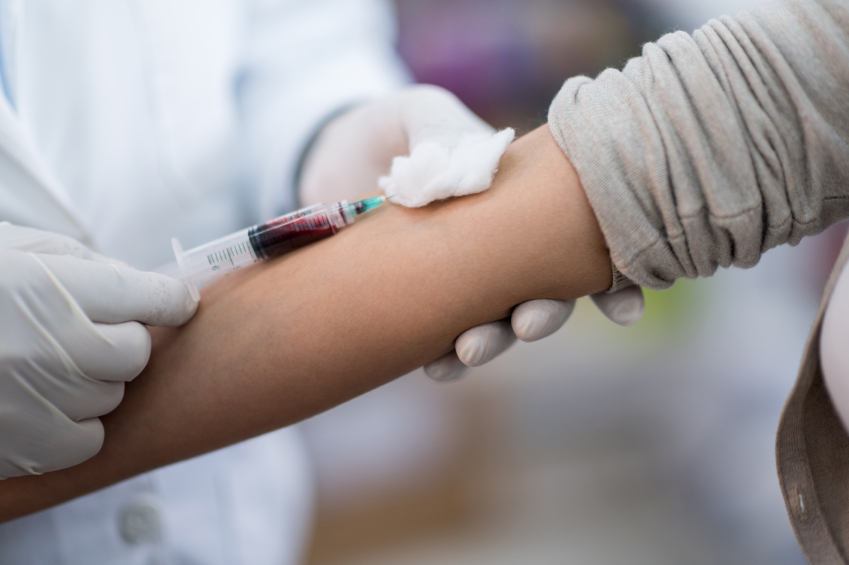The Japanese Obstetrics and Gynaecology Society is scheduled to meet in March to discuss extending access to non-invasive pre-natal screening (NIPS) for Down syndrome and including antenatal tests in general medicine.
NIPS, which was introduced in Japan in 2013, has been carried out to date in “a limited number” of hospitals with a genetics advisory service, for women over the age of 35 or with a history of foetal chromosomal abnormalities. However, given the increase in demand, other establishments have started to practise this screening technique with no restriction in terms of age or indication. It would appear that NIPS is also being used in these hospitals to determine foetal gender in the very early stages of pregnancy. In an attempt to limit these spin-offs, the society should increase the number of certified hospitals.
Furthermore, the bioethics debate regarding this test is continuing: Those against NIPS regret the fact that,“Over 90% of women diagnosed with foetal abnormalities decided on abortion,” labelling this test as “eugenic” and reproaching the fact that it is so accessible. A study conducted in Japan following the introduction of NIPS shows that the women opted for abortion largely out of anxiety and a lack of confidence when faced with the possibility of giving birth and raising a child with a chromosomal abnormality.
The Japan Times (29/01/2018)

